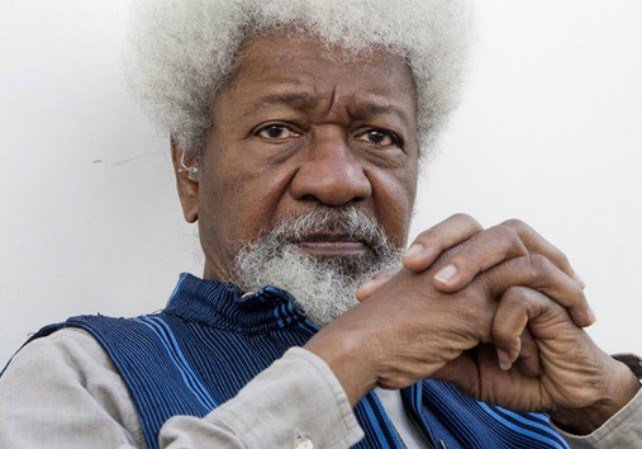Hundreds of Nigerian retired soldiers, who fought in the 1966-1970 Civil War, staged a peaceful protest in Ibadan, the capital of Oyo State, on Wednesday, demanding the payment of their pensions that have been withheld for 44 years.
The protesters, who gathered at the state headquarters of the Nigerian Legion, Agodi-Gate, carried placards with various messages such as “We fought for Nigeria, not for Biafra”, “Pay us our pension rights”, and “We are not beggars, we are heroes”.
They accused the federal government of neglecting them and favouring their former enemies, the Biafran soldiers, who were granted amnesty and paid their pensions by former President Olusegun Obasanjo in 2000.
The National Coordinator of the retirees, Cpl. Babawande Phillip (retd), told journalists that they have been living in abject poverty and suffering from various health problems since they retired from service in 1980.
“For the past 44 years, we have been deprived of our pension rights. In 2015, we did capturing in Abuja where all of us were issued genuine certificates acknowledging us as retired soldiers. But, since then, we have been waiting. The painful aspect of it is that the Biafran soldiers that we fought against had been paid some years ago. How come we who defended the country are being left to die painfully without our pension being paid? This is unfair,” he said.
He added that over 100 of their colleagues have died due to lack of funds to take care of themselves, while some are physically challenged, blind, or unable to walk.
He said they have written several letters to the federal government, the Chief of Army Staff, the Senate, and the House of Representatives, but have not received any response.
“It’s a plea we are making. We don’t want to cause trouble. But you know, if a goat is pushed to the wall, it will fight back. That’s why we are staging this warning protest. But, after now, nothing is done, then we will use the remaining strength to get the attention of the government. We are giving them an ultimatum before the Army remembrance day. If no one attends to us, all my members will be brought to all the Federal Government roads in Oyo State and create scenes,” he warned.
One of the physically challenged retired soldiers, 81 years-old Mr Rafiu Olabamiji, said he has been blind since 2004 and has no family to support him, as his children and wife have died.
“This is the 20th year that I have been blind. I have lost my children and wife. No one is taking care of me. I’m all alone in the world but I would rather die than beg for alms. Please, don’t let me die like this President Tinubu,” he appealed.
Read More: Naira Scarcity: Plantain Wastage in Lagos Market Surfaces
Two widows, who are the next of kin to their deceased husbands, Mrs Racheal Adejumo and Elizabeth Adedayo, said their pains could be better imagined. They wondered why former President Olusegun Obasanjo paid the Biafran soldiers and left the others.
“Is that how to settle the dispute? Pay one party and leave the other to wallow in poverty. This is unfair. We plead with President Tinubu to please help us reduce this suffering. No soldier’s wife can say she enjoys her husband while in service and now they are dead. Our pains are too numerous to describe,” they pleaded.
The Nigerian Civil War, also known as the Nigerian-Biafran War or the Biafran War, was a civil war fought between Nigeria and the secessionist state of Biafra, which had declared its independence from Nigeria in 1967. Nigeria was led by General Yakubu Gowon, while Biafra was led by Lieutenant Colonel Chukwuemeka “Emeka” Odumegwu Ojukwu.
The conflict resulted from political, economic, ethnic, cultural and religious tensions which preceded the United Kingdom’s formal decolonisation of Nigeria from 1960 to 1963. Immediate causes of the war included a military coup, a counter-coup and persecution of Igbo living in Northern Nigeria. Control over the lucrative oil production in the Niger Delta also played a vital strategic role.
The war lasted for two and a half years, from July 6, 1967 to January 15, 1970, and claimed the lives of an estimated two million civilians, mainly as a result of starvation caused by a blockade imposed by Nigeria.
The war ended with the surrender of Biafra and the reunification of Nigeria under the slogan “No victor, no vanquished”. However, the legacy of the war still lingers in the Nigerian society, as issues of national identity, regional autonomy, human rights, and justice remain unresolved.






















